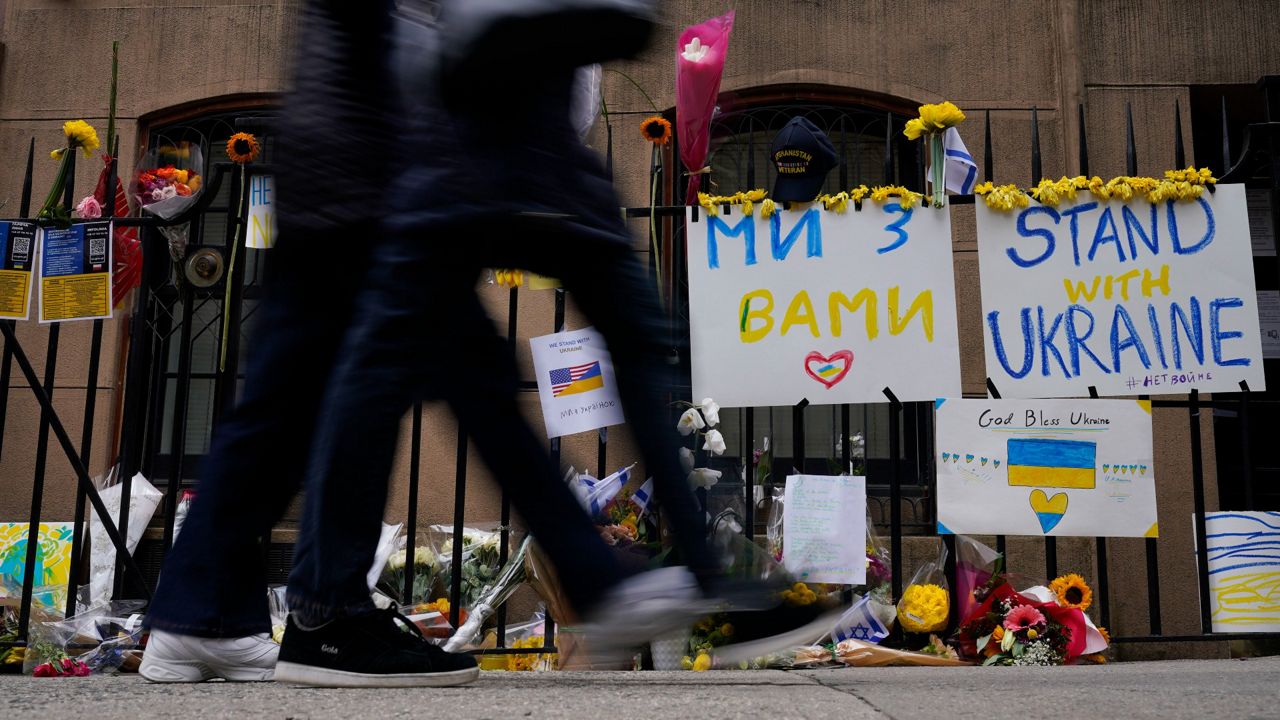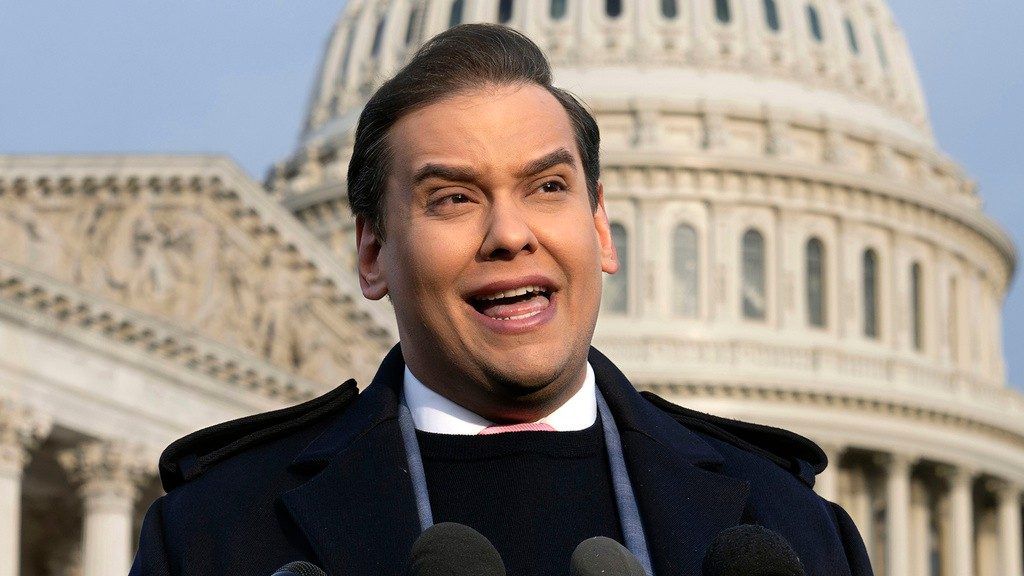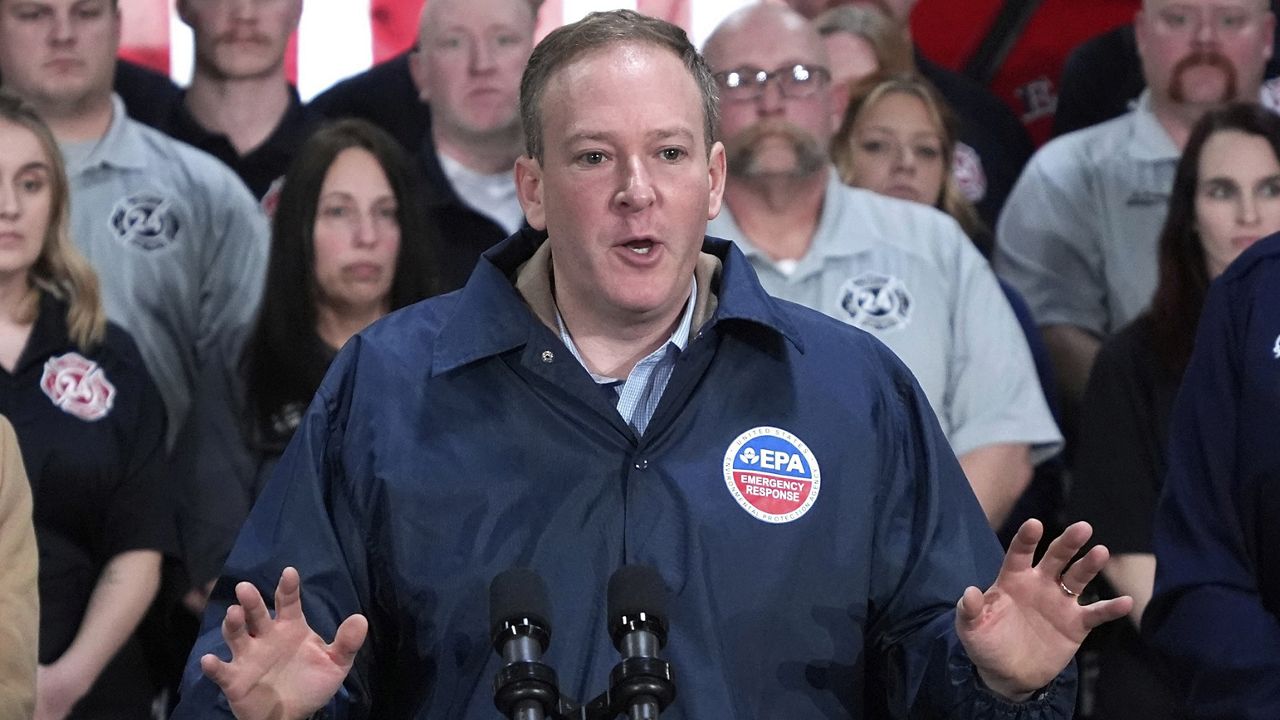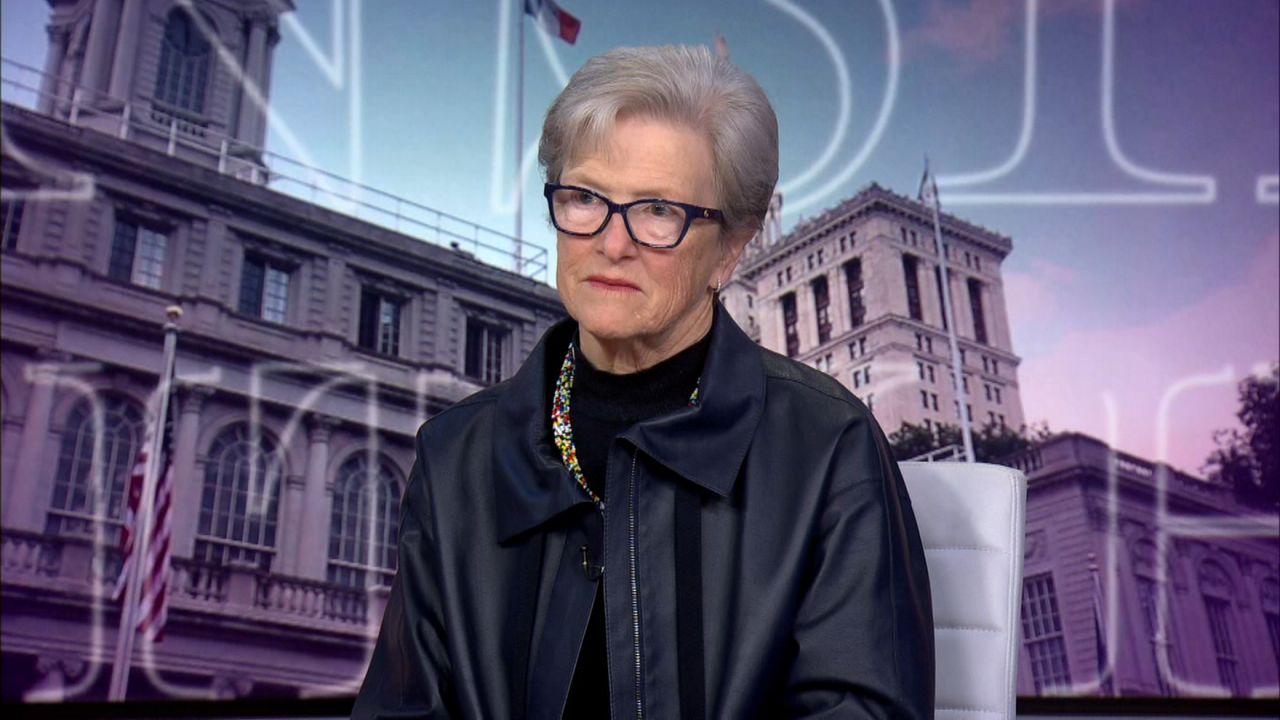When Russia invaded Ukraine on Feb. 24, Natalia Lidman was glued to the news.
“I was checking the news late at night until 3 a.m., to 2 a.m.,” Lidman, a preschool director in Brighton Beach, said. “I was not sleeping.”
Lidman was born in southern Russia and came to the United States in 2001 with her mother and husband.
With the rest of her family back in Russia, she was worried about their safety.
“I was definitely worried about them, but most of all about the Ukraine because this is an invasion,” Lidman said.
She was also nervous about potential tension among her day care staff, which is about half Ukrainian and half Russian.
“First, they were tense a little bit, but then it was fine,” she said.
Lidman said her whole staff is aligned in their support of the Ukrainian people and against Russian President Vladimir Putin’s actions.
But across neighborhoods like Brighton Beach and Sheepshead Bay in Brooklyn, where there’s large Russian and Ukrainian populations, that isn’t necessarily the case. Many Russian New Yorkers, regardless of where they stand politically on the war, say they’re feeling targeted for their country of origin.
“The vibe has been definitely pretty tense, definitely a lot of patriotism and nationalism has risen up from the Ukrainian side,” Victor S., 27, said.
Victor, who asked that his last name be omitted out of security concerns for family members in Russia, was born in Moscow and came to the U.S. with his family when he was 9 years old.
He said there’s always been a bit of tension between the Russian community and people from countries that were part of the former Soviet Union, including Georgia, Tajikistan, Uzbekistan, Romania and Ukraine. Tensions flared after Russia and Georgia went to war in 2008.
“Now with what's going on, it's gotten even worse,” Victor said. “You walk into a store, and perhaps you'll say something in Russian, and they'll say, ‘Oh, you know, we don't speak that here.’ ”
Russian-owned businesses, like Taste of Russia in Brighton Beach, which has reportedly taken down its sign and decided to change its name, and Russian Samovar in Midtown, which has received hate mail, according to its owner, have also felt the impact of the war.
But many people who are originally from Russia are keen to point out that lumping all Russian people together with the actions of Putin is unfair.
“Contrary to popular belief, just because you’re a quote unquote Russian establishment it does not mean you cut a check to Putin or his regime,” Misha Von Shats, co-owner of Russian Samovar, said. “This is the point you have to cut across unfortunately.”
Von Shats said that although people have suggested he change the name of his restaurant, he refuses to do so.
It’s a feeling that many others originally from Russia also share.
“To judge all people because we just, we just named Russian? No,” said Oksana K., who declined to give her full last name. “I never will be ashamed to say I’m Russian.”
Still, many businesses and residents in the area have taken to hanging Ukrainian flags outside their door or putting up pro-Ukrainian signs on their windows.
There’s a sense of solidarity despite potential tensions between communities, according to residents.
“People are definitely coming together to send in medical supplies, baby supplies, food,” Severin said.
But for people with family still living in Russia, the source of tension is in some cases coming from relatives thousands of miles away.
“All these old Russian people, they watch the TV and the propaganda is terrible,” Lidman, the day care director, said.
The difference in perspective on the war is causing some people, like Dmitriy Gramof, 36, to make tough decisions regarding communications with family members.
“Unfortunately, we're not sharing the same opinion on the situation,” said Gramof, who came to the U.S. from Russia when he was 16 years old, about his father who still lives in Russia. “And it's very hard and I'm still trying to kind of deal with it and cope with the fact that I might have to stop communicating with the rest of the family back home.”
At Lidman’s day care center, she said everyone is in support of Ukraine and that there’s no political disagreements, unlike within her family.
“I'm very happy because I have this enough at my house,” Lidman said.
To learn more, listen to our podcast by playing the audio above.





_PKG_NYU_Prayer_Room_Vandalized_CLEAN)


